Around five billion tonnes of plastic are in the environment – especially in countries without adequate recycling systems. Wildplastic collects this waste and uses it to produce rubbish bags. For its environmental and social idea, the company received the Special Social Entrepreneurship award in KfW’s business competition.
At the Wildplastic office in Hamburg’s Speicherstadt district, there is a large bag full of colourful granules. It is the raw material for rubbish bags made from recycled plastic, the Wildbags. But before co-founder Chris Sigmund can take out the rubbish, there is a long way to go from Asia, Africa or the Caribbean via Portugal to Germany.
Especially when travelling through poorer countries, it is impossible to close one’s eyes to all the plastic waste. It gets caught in bushes, piles up in villages or floats on a river towards the ocean. Wildplastic is helping to make things a little cleaner. People who live in these places collect the plastic and hand it over to a local collection organisation that cooperates with Wildplastic. The waste collectors receive a fixed amount for each kilogramme. “They often live on the outskirts of the city and earn a living from occasional work. Collecting waste is a reliable alternative because our project partners don’t just accept the material today, they will in the future as well. And unfortunately there is no shortage of waste,” says Sigmund. In some places, this has resulted in self-organised mini-waste collection, and the waste is even collected at home or at central locations. Initiatives like this prevent plastic from ending up in the environment in the first place.
Team Wildplastic
Freeing the world from plastic – that’s the aspiration of co-founders Chris Sigmund and Katrin Oeding and the entire team.
But what happens to the plastic collected in Cambodia, Ghana or Haiti? “If recycling is possible in the country itself, our partners will recycle the material there. In most cases, however, such structures do not exist. In those cases, the waste is pressed into bales and shipped to Europe. It is then sorted, washed and crushed in Portugal. The result of the process is a granulate that we process into our WILDBAGS here in Germany,” said Chris Sigmund. For anyone using these rubbish bags, their purchase has returned plastic waste in the environment back to the cycle and, at the same time, helped to ensure good working conditions for those people collecting the plastic. In the coming year, around 1,000 tonnes of plastic will have been removed from the environment in this way.
Before its use as a rubbish bag – or as a mailing bag at merchant OTTO – the waste has covered many kilometres. Recycling plastic from Europe would be more climate-friendly due to the shorter transport routes, admitted Sigmund. “However, if the total impact on the market is taken into account, our bags will, on average, perform even better than comparable conventional products. In addition, we remove any waste lying around that degrades into harmful microplastics while at the same time establishing relationships that are as fair as possible,” he explained.
Plastic dominates our everyday lives and, even here in Germany, not all plastic waste is recycled. A large part is incinerated and thus serves to generate energy. Around 11 per cent is shipped abroad; in 2021, this amounted to 766,000 tonnes. This makes Germany the biggest exporter of plastic waste in the EU. And even though Asian countries in particular are now restricting import volumes, a great deal of solid waste still ends up in Malaysia, where there is no adequate recycling structure. Instead, there are vast quantities of plastic packaging for drinking water or takeaway food.
Chris Sigmund has seen for himself how overwhelming the problem is. On a trip through Peru, a hurricane devastated the country. A mud avalanche slid down the mountain, taking an illegal landfill with it. The rubbish stood waist-high in the village. His six co-founders had also seen huge mountains of rubbish in Asia or gathered washed-up plastic on Spanish beaches. With the founding of Wildplastic they decided to “start the plastic vacuum cleaner together”, as he said, laughing.
The founding team chose a special legal form for the enterprise; Wildplastic follows the steward-ownership model. It cannot be sold or restructured contrary to the original purpose, for example, to produce rubbish bags from virgin plastic in future. All profits are reinvested and not disbursed to the owners. Like most start-ups, Wildplastic also requires external financial support in the first few years. This comes from impact investors who are also behind the project – but they do not have voting rights.
Companies like Wildplastic that pursue environmental and social goals are making visible changes. In addition, they can trigger grassroots movements and encourage others to find new solutions to existing problems. They are also often well networked with each other and form partnerships. For example, Wildplastic works with everwave to collect plastic in Cambodia, and the packaging for Goldeimer toilet paper is made from its wild plastic. When Chris Sigmund is asked about the long-term goals, he doesn’t think long: “It may be utopian, but I want a world where business ideas like ours are not necessary.”
Published on KfW Stories: 25 October 2022, updated on 20 May 2025.

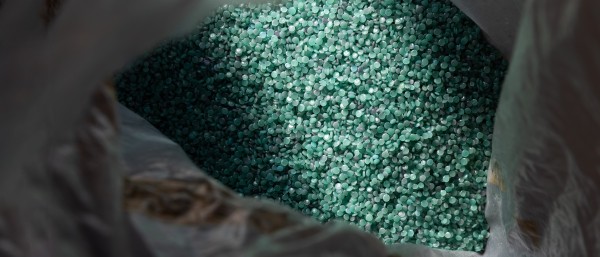
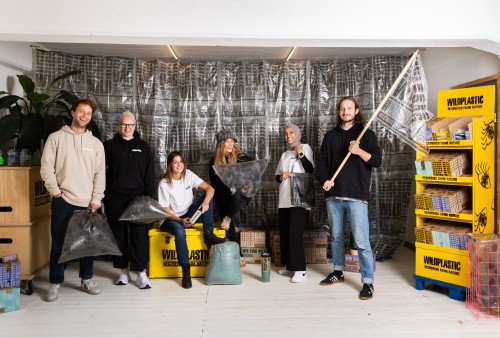
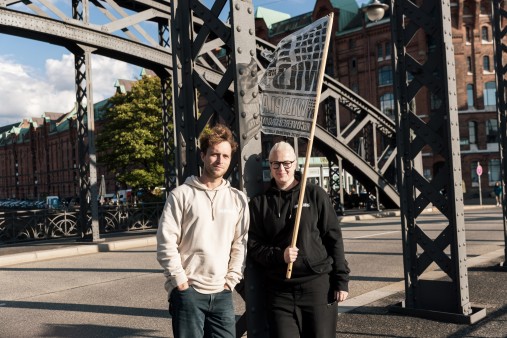
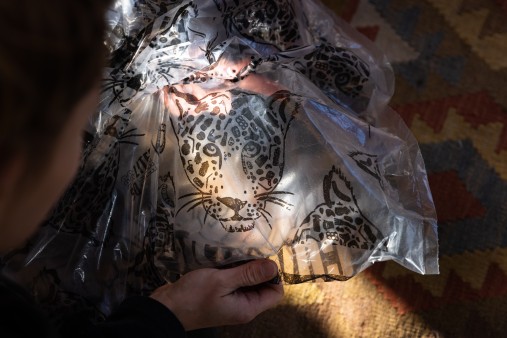
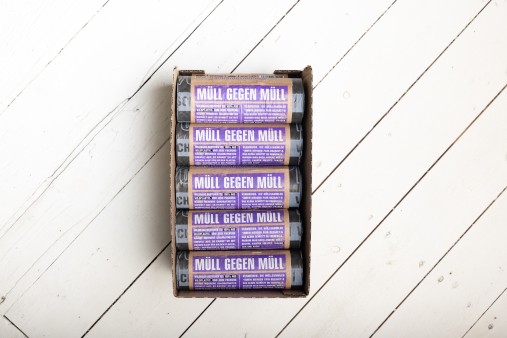
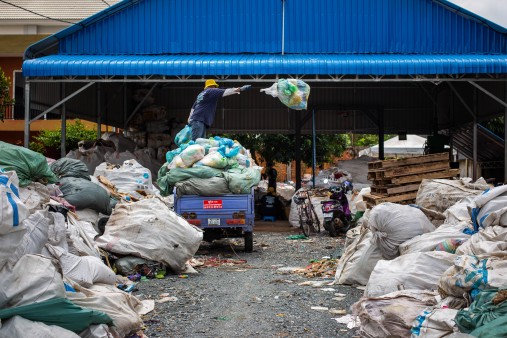
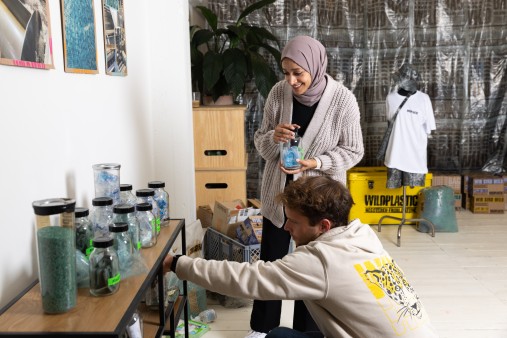
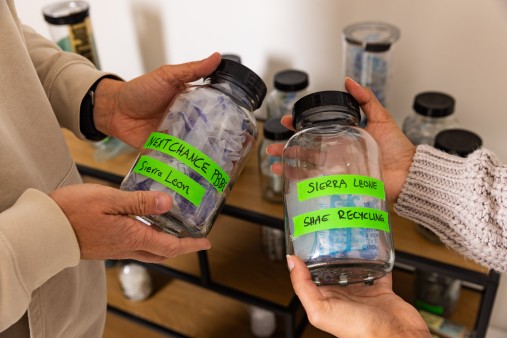
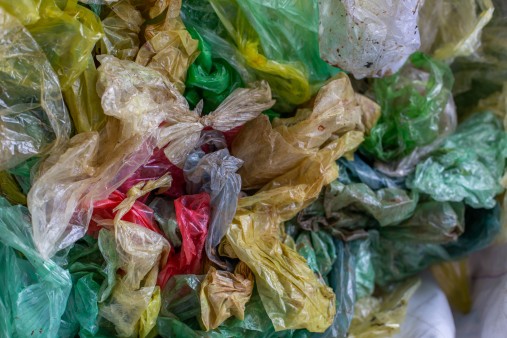








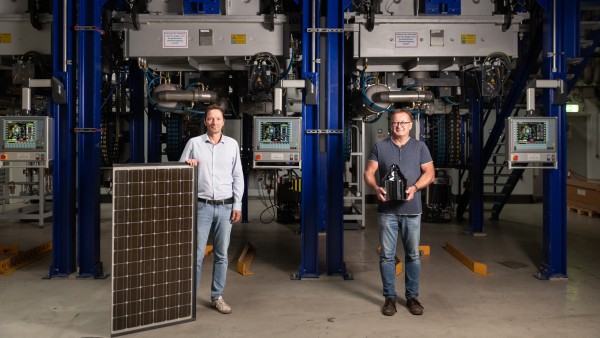
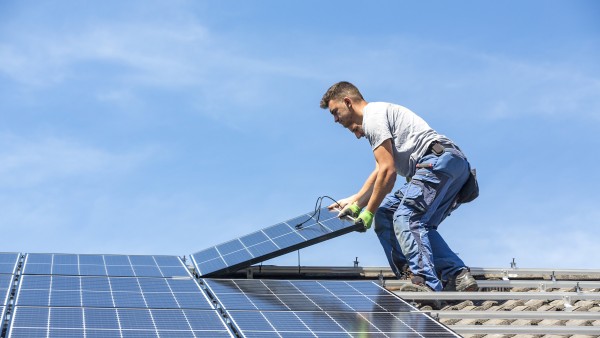
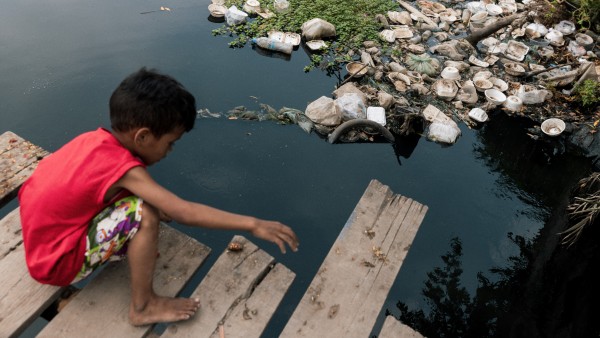
Data protection principles
If you click on one of the following icons, your data will be sent to the corresponding social network.
Privacy information